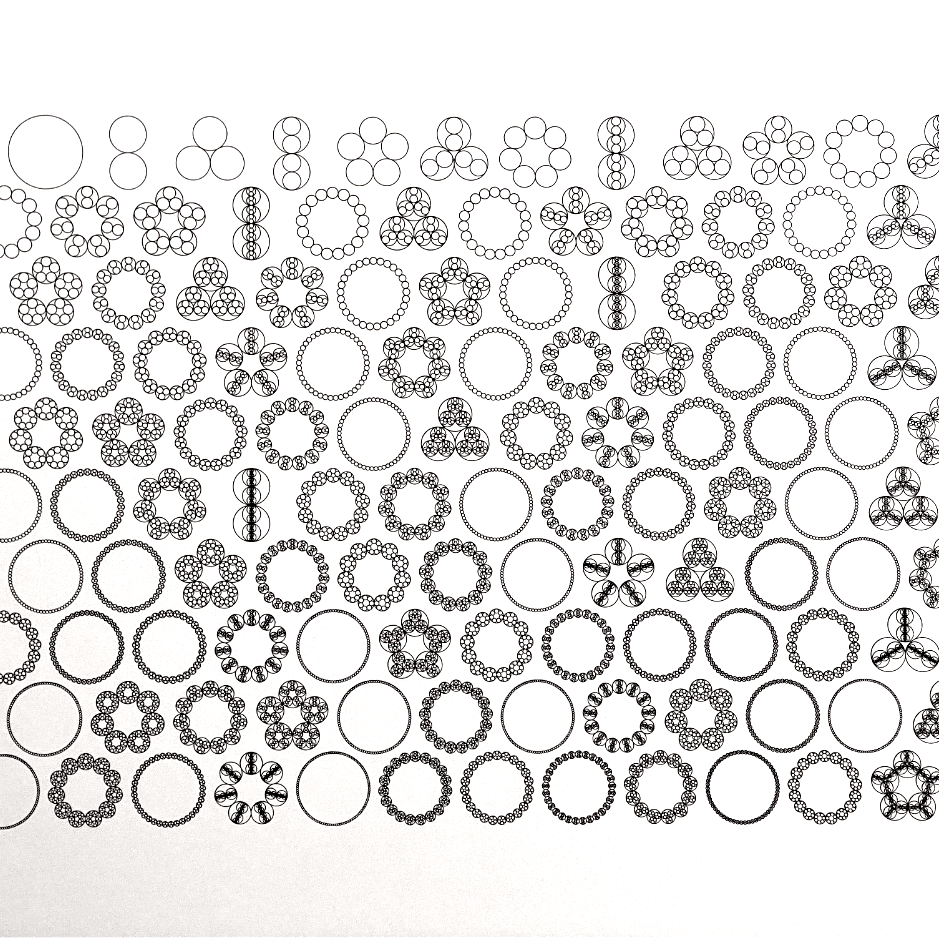



LCP












Sum-product with few primes
It was asked by E. Szemerédi if, for a finite set , one can improve estimates for , under the constraint that all integers involved have a bounded number of prime factors -- that is, each satisfies . In this paper, we answer Szemerédi's question in the affirmative by showing that this maximum is of order provided for some . In fact, this will follow from an estimate for additive energy which is best possible up to factors of size .
Submitted (2023)